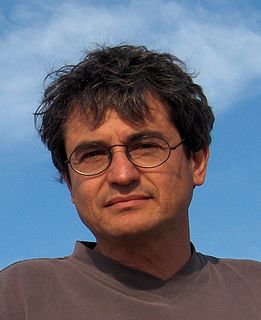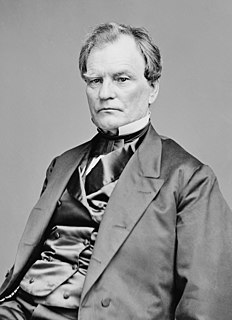A Quote by Carlo Rovelli
I worry that free imagination is overvalued, and I think this carries risks.
Related Quotes
I think that's something that investment banks have worried about for a long time and are continuing to worry about, but it's not an easy solution when you have lots of people betting the company's money, how do you really allocate those risks? How do you make sure that the people that take the risks are feeling the risks in an appropriate kind of fashion?
It is possible to be happy and joyful most of the time. You just have to look at little children and see their natural joy. You may say that little children are free and don't have anything to worry about, but you are free too! You are free to choose worry or to choose joy, and whatever you choose will attract exactly that. Worry attracts more worry. Joy attracts more joy!
When large companies take on risk, then they impose risks on the rest of the system. And these are systemic risks and these systemic risks we never used to think were really that important, but as soon as we recognize how the financial sector - the risks the financial sector takes on can impact the entire global economy, we realize that those risks needed to be controlled for the social good.
But where only a free play of our presentational powers is to be sustained, as in the case of pleasure gardens, room decoration, all sorts of useful utensils, and so on, any regularity that has an air of constraint is [to be] avoided as much as possible. That is why the English taste in gardens, or the baroque taste in furniture, carries the imagination's freedom very far, even to the verge of the grotesque, because it is precisely this divorce from any constraint of a rule that the case is posited where taste can show its greatest perfection in designs made by the imagination.
Henry Corbin creates the world - most of all his examination of the imagination and what the imagination was for him. Some philosophers would think of the imagination as a synthetic ability, how you put different things together. Artists more think of the imagination as creativity. So I really like the way that he presents the imagination as a faculty that allows one to experience worlds that are not exactly physical but are real nonetheless.
No one can liberate you, for no one has bound you; you hold on to the nettle of worldly pleasures and you weep for pain. The kite is pursued by the crows so long as it carries the fish in its beak, it twists and turns in the sky trying to last and it drops the fish. That moment it is free. So give up the attachment to the senses; then grief and worry can harass you no more.
I think the thing that I love the most about working in the digital cinema is that you're only limited in your cinematic technique by your imagination - you're not restricted by the physical laws of nature. You don't have to worry about physically moving a 50lb camera through space, or worry about shadows and rigging.




































